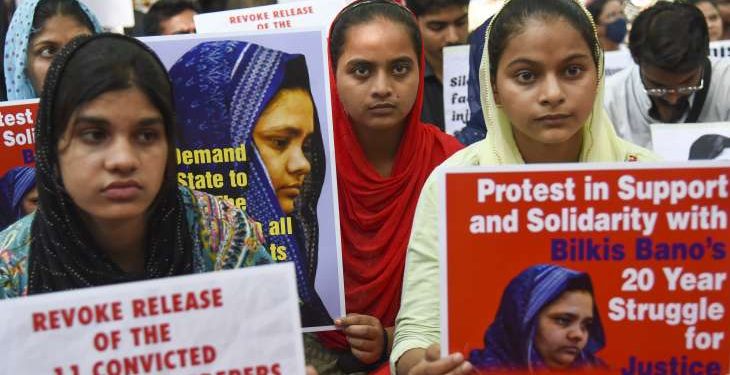“Law’s delay”, as Shakespeare famously put in one of his plays on the dysfunction of the system of governance, is proverbial. Those who want to dodge the operation of the law try every possible and impossible way to delay the process of law so as to defeat justice. This is a stark reality. But, it becomes even more disturbing when a judge of the Supreme Court lashes out at governments – State and Centre – for adopting a dilatory tactic so that he is forced not to be able to give his verdict on a momentous issue. The case sends shock waves to people who have faith in the country’s system of democracy where the judiciary is expected to act as a check on the executive to prevent the latter from exercising unbridled power to advance its own agenda and deny justice to people belonging to the minority group. It also reflects the helplessness of even the apex court to rein in the executive out to save convicts in a heinous crime perpetrated by criminals backed by the party in power using distorted religious ideology.
Justice KM Joseph of the Supreme Court came to the conclusion last week that the Gujarat government and the Centre were making every effort to avoid his Bench in the Bilkis Bano case for which they were using technicalities so that the convicts did not have to face him.
The Bench comprising Justices Joseph and BV Nagarantha was hearing Bilkis Bano’s plea challenging the decision of the Gujarat state government concerning the release of 11 men convicted for her rape and the murder of her family during the 2002 Gujarat riots. After objections raised by the counsel, the case was adjourned and re-scheduled. The hearing will take place after the vacations. It will hear it again on May 9, but that would be a mere exercise in completing the formalities in the hearing. It would next be listed after the holidays in front of a new bench.
The case, which was expected to come to a finality, is thus kept hanging fire seemingly to help the accused not to face a judge known for defending justice with exemplary courage. The counsel for some of the convicts raised procedural issues with the case. They pleaded they were yet to be served notice in the matter, pointing out the notice could not be completed as two of the respondents were out of station at the time. They requested the Bench to adjourn the case. Though convicts do have the right to be informed of hearings through proper serving of notices, the Judge had no doubt that the request was made with an oblique motive. In the end, the Bench had to adjourn the hearing to July, long after Justice Joseph’s last working day May 19. Quite rightly, did Justice Joseph express his anguish at the adjournment, noting that it was obvious that “they do not want us to hear the matter”. That it was no mere conjecture became clear when the judge pointed out he was retiring on June 16. Effectively, May 19 will be his last working day. He was prepared to hear the case even when on vacation. But, that too was objected to by the counsel of the convicts. This made the judge’s conclusion that they did not want him to hear the case inescapable.
The release of the 11 convicts, who were serving life terms for multiple murders and the gang-rape of some women during the Gujarat pogrom of 2002, had raised questions about the remission process. It became known later that the Union government had consented to their release. Justice Joseph had, at an earlier hearing, wanted to see the relevant files to ascertain whether the decision to release them was based on relevant considerations. The files were not produced on the stipulated day, but counsel for the Centre indicated that both governments may seek a review of the order to produce the files. Only in the latest hearing, the Solicitor General agreed to produce the records.
One may argue that the change of the Bench would make no difference in the outcome. But that may sound too naive as the judiciary has in many recent cases given orders that suited the current dispensation’s interests.
This makes the whole exercise suspect and the possibility of miscarriage of justice cannot be ruled out. That would be a big blow to the victim of rape and murder of a large number of her family members that was part of an orgy of communal violence.







































